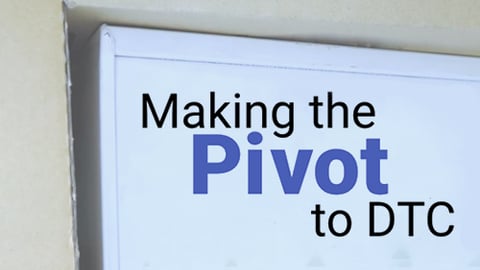Levi’s AI Product Recommendation Engine Driving DTC Conversions
Levi’s will continue to scale its AI-enabled product recommendation technology across the globe as the company reaps the benefits of providing more personalized direct-to-consumer experiences.
The recommendation engine, which was first developed in the United States in 2019, works in real time to better understand consumers’ online behavioral cues in order to provide personalized shopping recommendations. As retail shutdowns swept the globe in 2020, Levi’s deepened its focus on the technology, which predicts what a consumer is looking for and subsequently display those products or similar ones.
It can also display complementary products and accessories, recommend products that will help shoppers qualify for free shipping, and notify them when previously browsed products go on sale
For consumers who choose to receive personalized recommendations, the engine uses clickstream data, as well as product availability, price, product attributes and historical purchase data, Louis DiCesari, global head of data, analytics and AI at Levi Strauss & Co., tells CGT.
He says the company has been using agile development methodology to continuously add new features, enhance models and improve prediction accuracy.
“We recently added personalized popular filters to the engine, which enable consumers to quickly drill-down to the products they’re looking for — for example, trucker jackets, 501 jeans, baggy fit, or big and tall.”
As a result, Levi’s has recorded an increase in conversions and revenue per visit as evidenced through A/B testing.
The core algorithm was recently brought to its European e-commerce sites, and Levi’s intends to continue scaling it globally. DiCesari also sees the technology being leveraged elsewhere, noting that the data collected from the recommendation engine informs other analytics and AI models, as well as applications, across the company.
“The Levi’s proprietary product recommendation engine already works across web, app and email,” he notes. “Personalized recommendations are also key components of our customer loyalty initiatives.”
Levi’s is also using artificial intelligence in its stores in order to better curate assortments to provide better customer experiences, among other benefits. Stores in the U.S. and China are leveraging the tech to predict demand based on the profiles and preferences of consumers within a store’s vicinity.







